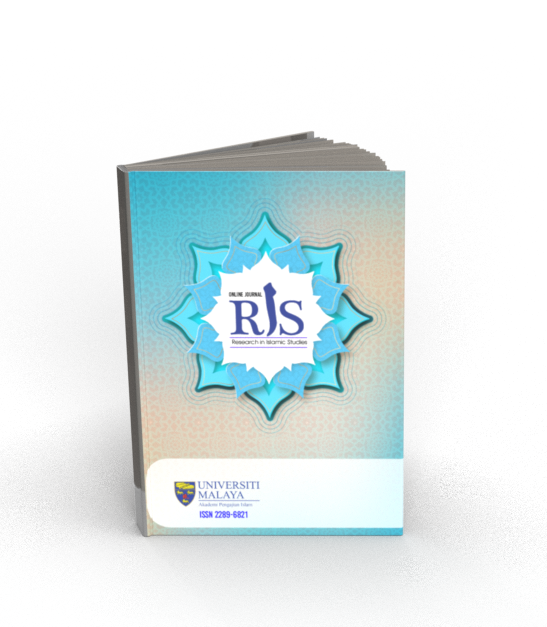Main Article Content
Abstract
This research aims to discuss the epidemics and plagues that afflicted Algeria during the period of Ottoman rule (1671-1830), their negative effects, the reasons behind them, how they spread in Algeria, and preventive measures. The significance of the study lies in addressing a crucial topic in the history of Ottoman Algeria, encompassing political, cultural, social, and economic aspects, highlighting the impact of plagues on both the rulers and society. Often coinciding with plagues are famine and unrest, leading to chaos, revolutions, and rebellions across tribes and even among the Janissary forces, necessitating their killing and assassination. The study faces three main challenges: first, the scarcity of Arabic and Western sources discussing the history of these epidemics in Algeria, with limited focus on Algiers and major regions, neglecting the hinterlands and southern desert areas. Second, questioning whether the Algerian government at the time bears responsibility for the treatment and prevention of these epidemics, exploring possibilities such as preventing infected ships from entering Algerian ports or implementing quarantine measures practiced in European countries. Finally, examining whether the Algerian government had the resources in medicine and treatment for these epidemics, or if reliance on fate, traditional herbal remedies, and the availability of essential necessities during times of epidemics was the norm. The study employs a historical methodology for the periods of epidemics and plagues, their causes, and effects. Additionally, it utilizes critical analysis to address treatment, prevention, and the political, social, and economic consequences of these phenomena. The researcher's key findings include attempting to gather scientific material from the limited Arabic and Western sources on this topic, understanding the causes of epidemics, and examining their adverse effects on Algerian society in political, social, and economic dimensions.
Keywords
Article Details
Copyright (c) 2024 Online Journal of Research in Islamic Studies

This work is licensed under a Creative Commons Attribution-NonCommercial 4.0 International License.
Copyright Notice
By submitting manuscripts to the Online Journal of Research in Islamic Studies (RIS), authors agree to transfer copyright to the journal. However, authors may republish their work or grant others permission to republish it; in which case it should be accompanied by a proper acknowledgment that the work was originally published in the Online Journal of Research in Islamic Studies (RIS). The journal adopt CC-BY-NC licence which authors may also share and distribute their article anywhere of non-commercial website, social media and repositories immediately on publication.
Authors may also reuse the Abstract and Citation information (e.g. Title, Author name, Publication dates) of their article anywhere at any time including social media such as Facebook, blogs and Twitter, providing that where possible a link is included back to the article on the journal site.
